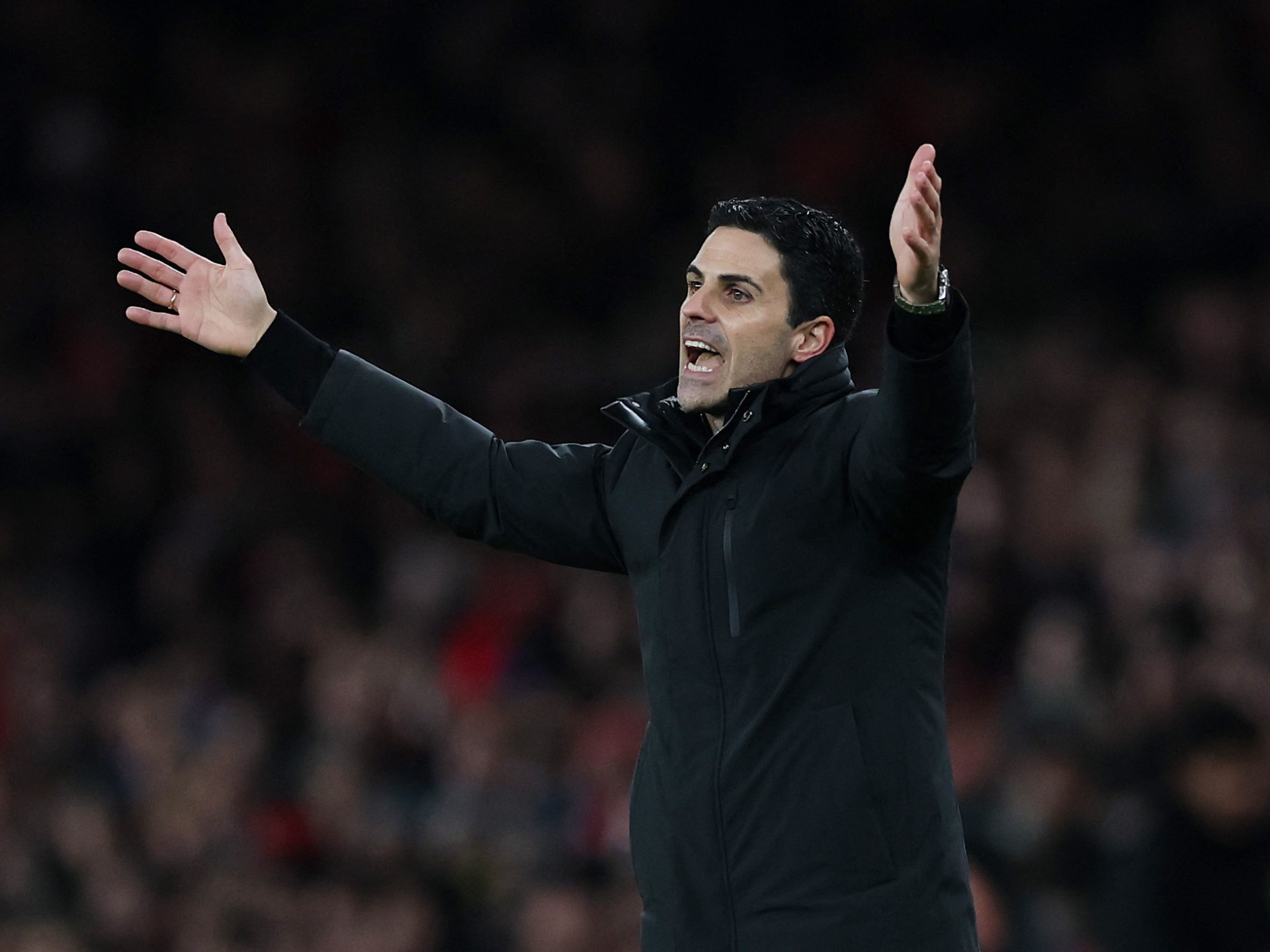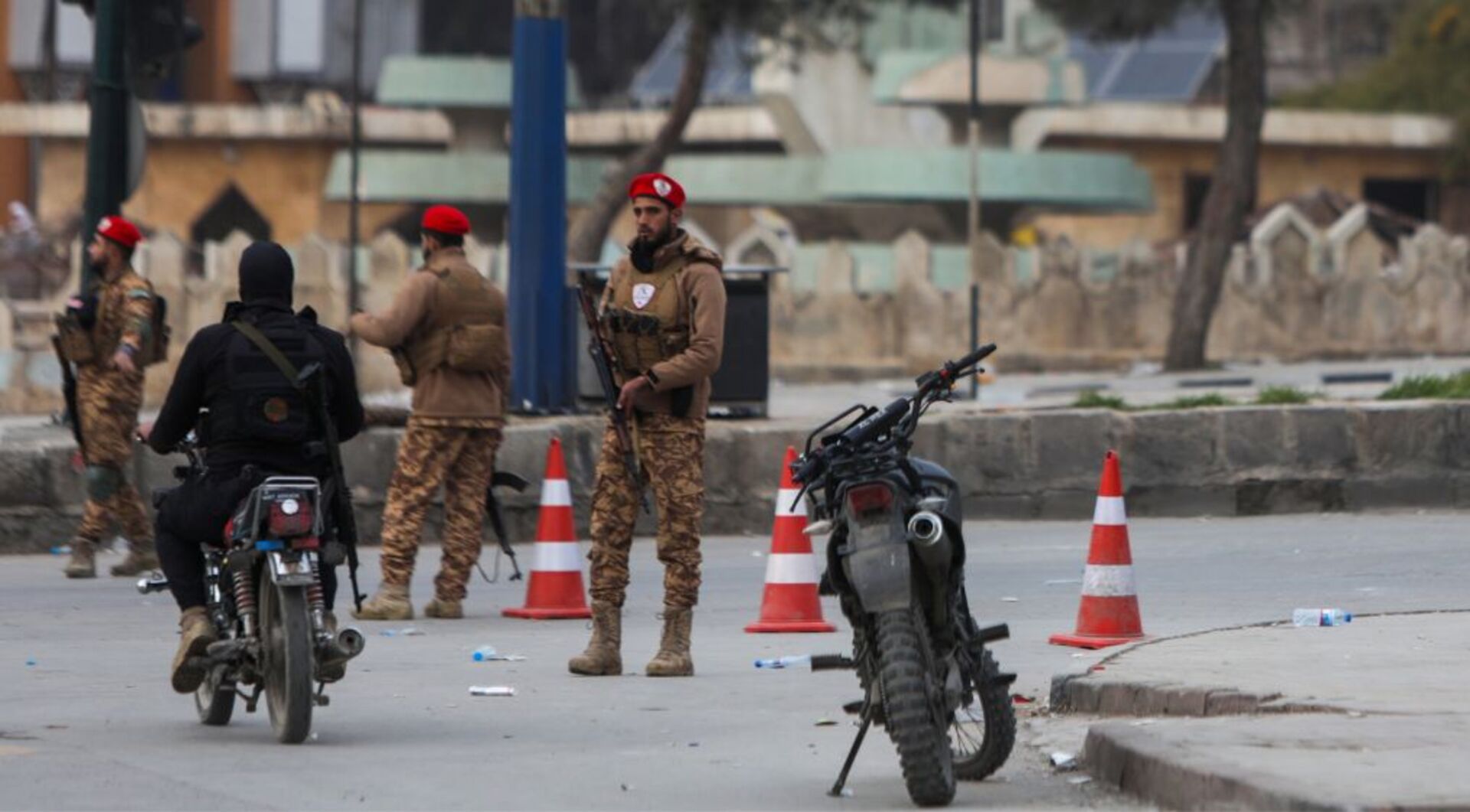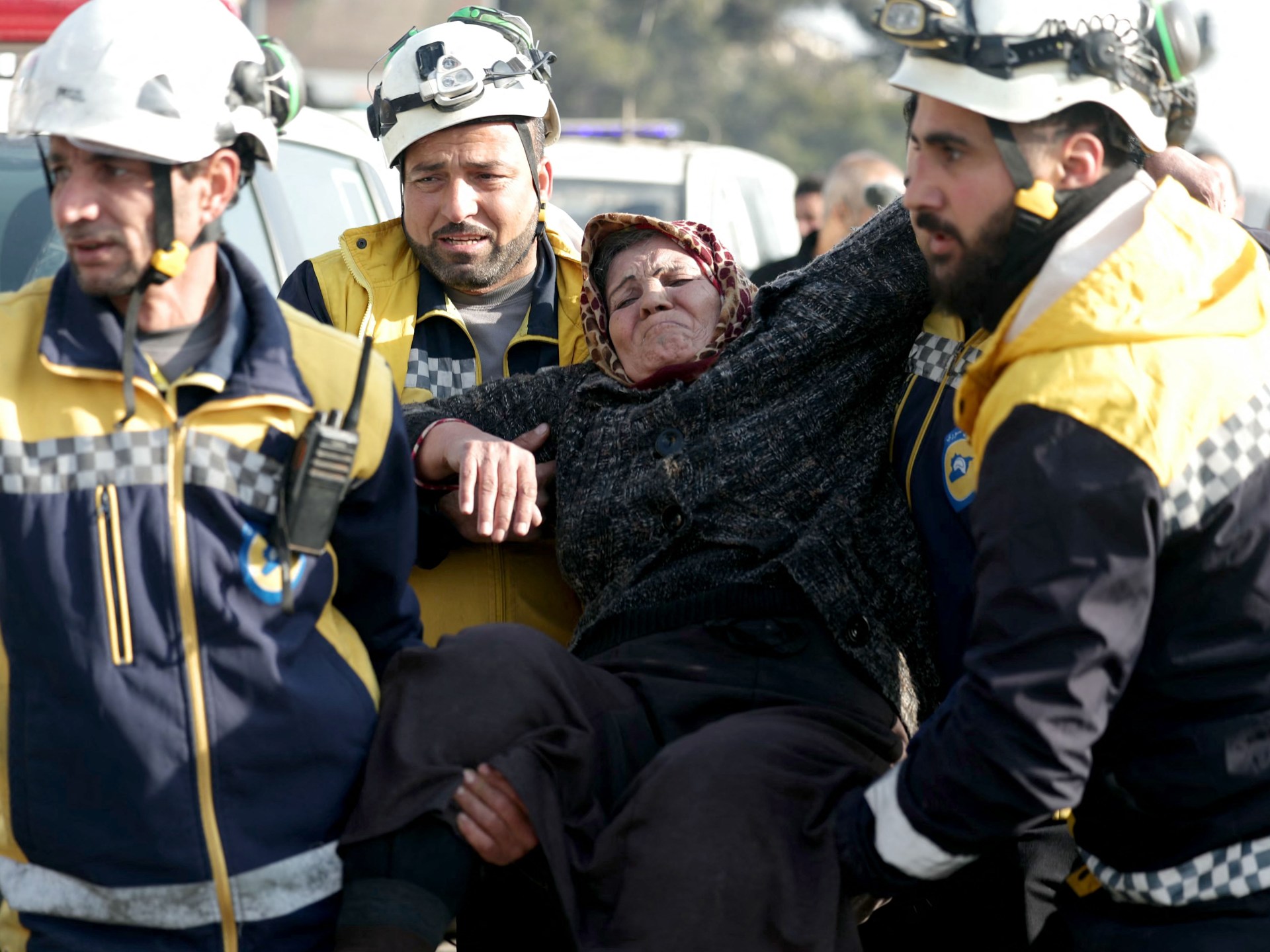Israeli Prime Minister Benjamin Netanyahu says that former United Nations Middle East envoy Nickolay Mladenov will direct a proposed United States-led “board of peace” in Gaza.
Netanyahu made the announcement after meeting Mladenov in Jerusalem on Thursday, referring to the Bulgarian diplomat as the “designated” director-general for the proposed board, a key part of US President Donald Trump’s 20-point plan to end Israel’s genocidal war on the Palestinian people of Gaza.
Recommended Stories
list of 3 itemsend of list
Trump’s Gaza plan led to a tenuous ceasefire between Israel and Hamas in October, but Israeli forces have continued to carry out attacks in the territory on a near-daily basis. Since the first full day of the truce on October 11, 2025, Israeli attacks have killed at least 425 Palestinians, according to the Gaza Health Ministry.
In a statement on Thursday, Netanyahu’s office said Mladenov “is slated to serve as Director General of the ‘Peace Council’ in the Gaza Strip”. Israel’s President Isaac Herzog also met Mladenov on Thursday, a spokesperson from his office said, without elaborating.
Under Trump’s plan to end the war, the proposed Board of Peace would supervise a new technocratic Palestinians government, the disarmament of Hamas, the deployment of an international security force, the further pushback of Israeli troops, and the reconstruction of the war-ravaged Gaza Strip.
Trump is expected to announce appointments to the board next week, according to the Axios news outlet, citing US officials and sources familiar with the matter.
“Among the countries expected to join the board are the UK, Germany, France, Italy, Saudi Arabia, Qatar, Egypt and Turkiye,” Axios reported.
Mladenov, a former Bulgarian defence and foreign minister, previously served as the UN envoy to Iraq before being appointed as the UN Middle East peace envoy from 2015 to 2020.
During his time as Middle East envoy, Mladenov had good working relations with Israel and frequently worked to ease tensions between Israel and Hamas.






